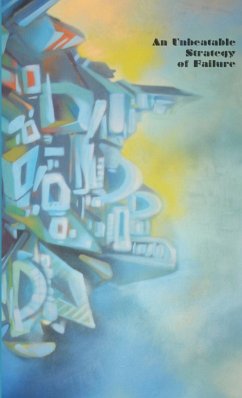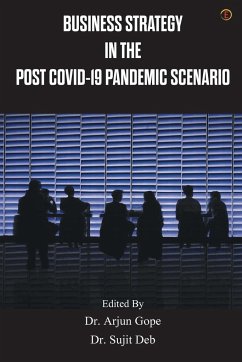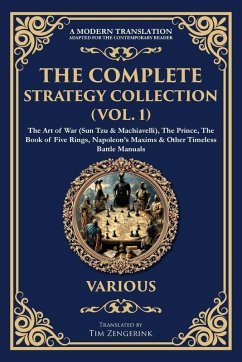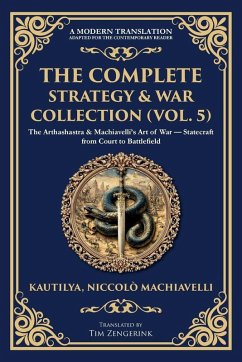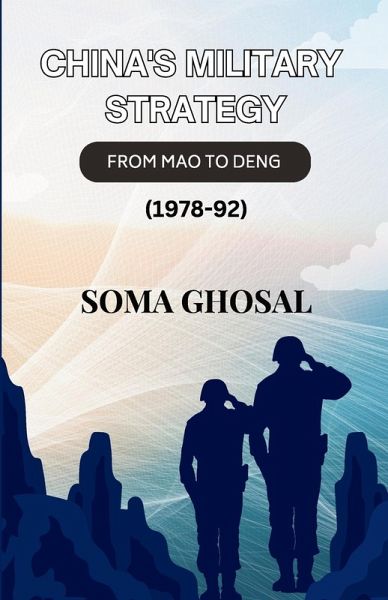
CHINA'S MILITARY STRATEGY
FROM MAO TO DENG (1978-92)
Versandkostenfrei!
Versandfertig in 1-2 Wochen
17,99 €
inkl. MwSt.

PAYBACK Punkte
9 °P sammeln!
China''s military strategy evolved around three major objectives, namely, the development of an independent international position beyond the superpower influence; acquisition of a second-strike or definite retaliatory capability in the case of a nuclear attack and thirdly, the expansion of its global influence, particularly, in the peripheral regions and the third world in general. The pursuit of the these three objectives propelled China''s military modernization. While the Mao period saw an emphasis on ideology as the premise of its military strategy, technological infusion and development ...
China''s military strategy evolved around three major objectives, namely, the development of an independent international position beyond the superpower influence; acquisition of a second-strike or definite retaliatory capability in the case of a nuclear attack and thirdly, the expansion of its global influence, particularly, in the peripheral regions and the third world in general. The pursuit of the these three objectives propelled China''s military modernization. While the Mao period saw an emphasis on ideology as the premise of its military strategy, technological infusion and development alongwith a leaner, effective military force served to rapidly modernise China''s military strategy during the Deng period.The winds of modernisation transformed every sphere of China''s defence forces, be it the army, air force or naval forces. China''s modernised military strategy assumed an all new dimension with its emergence as a nuclear power. Conditioned essentially by the twists and turns of international events, especially the super power dynamics, China''s defence modernisation went in tandem with its indigenous development. Even in the latter periods of rapprochement with the superpowers, the infusion of foreign technology went hand-in-hand with its indigenization process. The book attempts to delve into some of the key aspects of China''s military strategy over time beginning with the conservative period of Mao to a more aggressive and bold stance during the Deng period.





